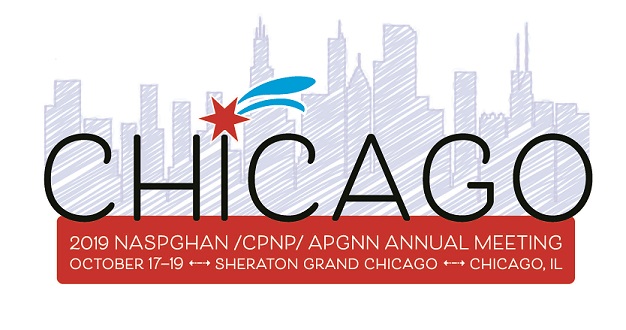
2019 NASPGHAN Postgraduate Course - Thursday, October 17
Course Directors:
Jennifer Strople MD, MS
Associate Professor of Pediatrics
Northwestern University Feinberg School of Medicine
Program Director, GI Fellowship Program
Ann & Robert H. Lurie Children's Hospital of Chicago
Chicago, IL
Maria Oliva-Hemker MD
Director, Division of Pediatric Gastroenterology, Hepatology and Nutrition
Stermer Family Professor of Pediatric Inflammatory Bowel Disease
Vice Chair for Faculty Development, Diversity and Promotion, Dept. of Pediatrics
Johns Hopkins University School of Medicine
Baltimore, MD